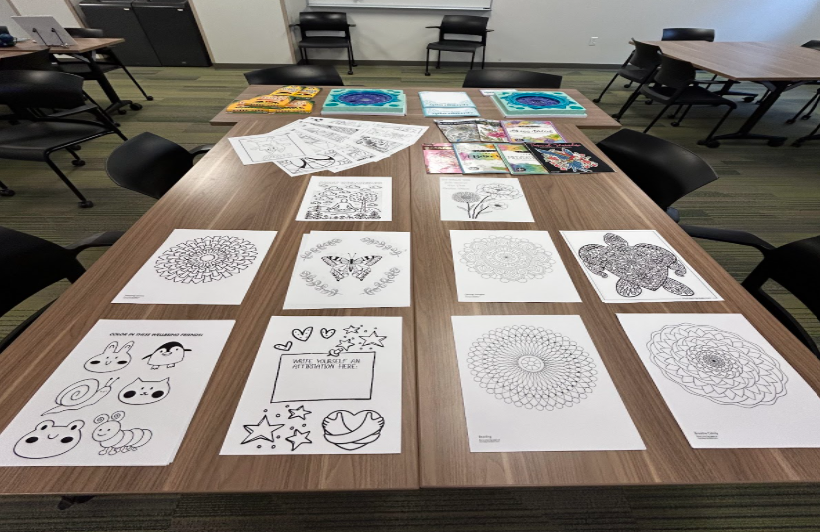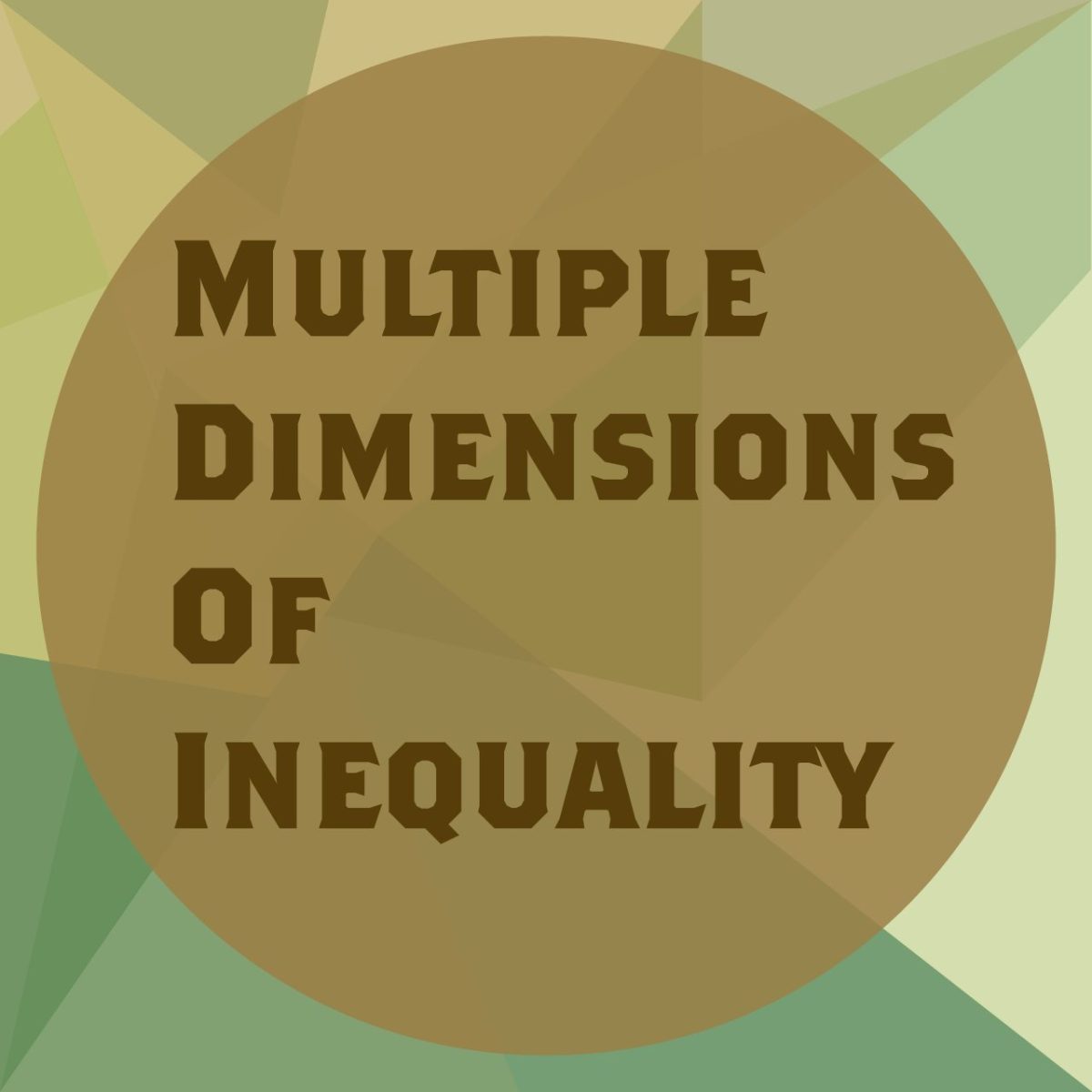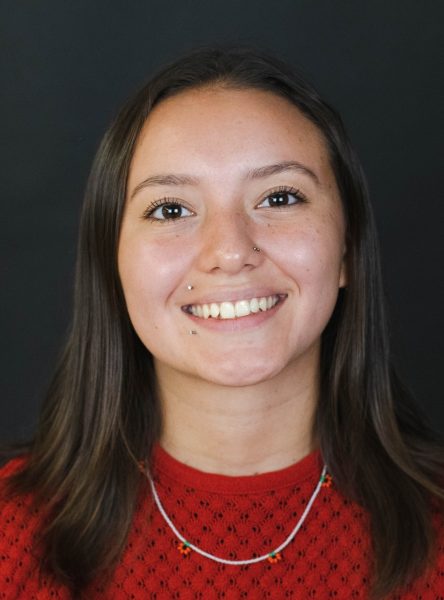The Sociology and Anthropology Department is hosting a lecture Thursday, Oct. 19, as part of a larger annual lecture series that will return in future fall semesters. The lecture will be at 7 p.m. in Jamrich 1322.
The goal of the lecture series is to confront the Multiple Dimensions of Inequality, which the series is named, to evaluate the intersections of inequalities, said Alexander Stoner, head of the Sociology and Anthropology Department.
“[The aim is] that we might collectively route a deeper understanding of that complex and pressing problem. An understanding is a necessary precondition for qualitative social change,” Stoner said. “As a public university, I think NMU has an obligation to host that sort of conversation.”
The inaugural lecture, given by Meghan McCune, assistant professor of anthropology, will discuss McCune’s 20 years of research in central New York State regarding Haudenosaunee Land Rights and what the Cayuga Nation has done to reestablish their land on their historic territory.
“I hope that for audience members that don’t have a lot of knowledge about what land sovereignty is and some of the legal issues that Native nations have experienced, not only with the federal government but also with individual states, I hope that they will come away with some understanding about those issues,” McCune said.
McCune started out her research working with the Cayuga Nation, one of the Six Nations of the Haudenosaunee Confederacy. The Cayuga Nation is the only nation of the confederacy that does not have a land base, which was illegally taken by the state of New York in the 1700s. The Nation filed a land claim in 1980 to regain this land back from New York State, which was eventually dismissed by the court system because of the City of Sherrill case, McCune said.
“[Reestablishing the land] includes buying lands back on the open market. It also includes establishing economic development like gas stations [and] other forms of economic development so that people have jobs and income when they move back to the territory,” McCune said.
During the talk, McCune will discuss the case study of the Cayuga Nation and compare it to economic development of the Seneca Nation, another one of the Six Nations of the Haudenosaunee Confederacy. Additionally, she will cover the structural barriers in the State of New York preventing economic development for Indigenous Nations.
The lecture is being hosted a week after Indigenous Peoples’ Day, celebrated on Oct. 9, and a few weeks prior to Native American Heritage Month during the month of November, creating a timeliness around the topic.
“It’s a good opportunity, in addition to other programming on campus, for people to become more familiar with the issues facing Indigenous peoples in the United States,” McCune said.
The talk dovetails a new social justice concentration that is anticipated to be offered in the department next fall semester, Stoner said.
“[The concentration will be] looking at social inequality in a critical and a self-reflexive manner, which is a component of any type of change and dealing with those issues in a serious or rigorous manner,” Stoner said. “I think that examining social inequality is really important … it’s one of the defining key problems of our time.”
Future lectures will involve the discussion of several social problems, including environmental inequalities and hierarchies of race, class, gender, sexuality and disability.





























